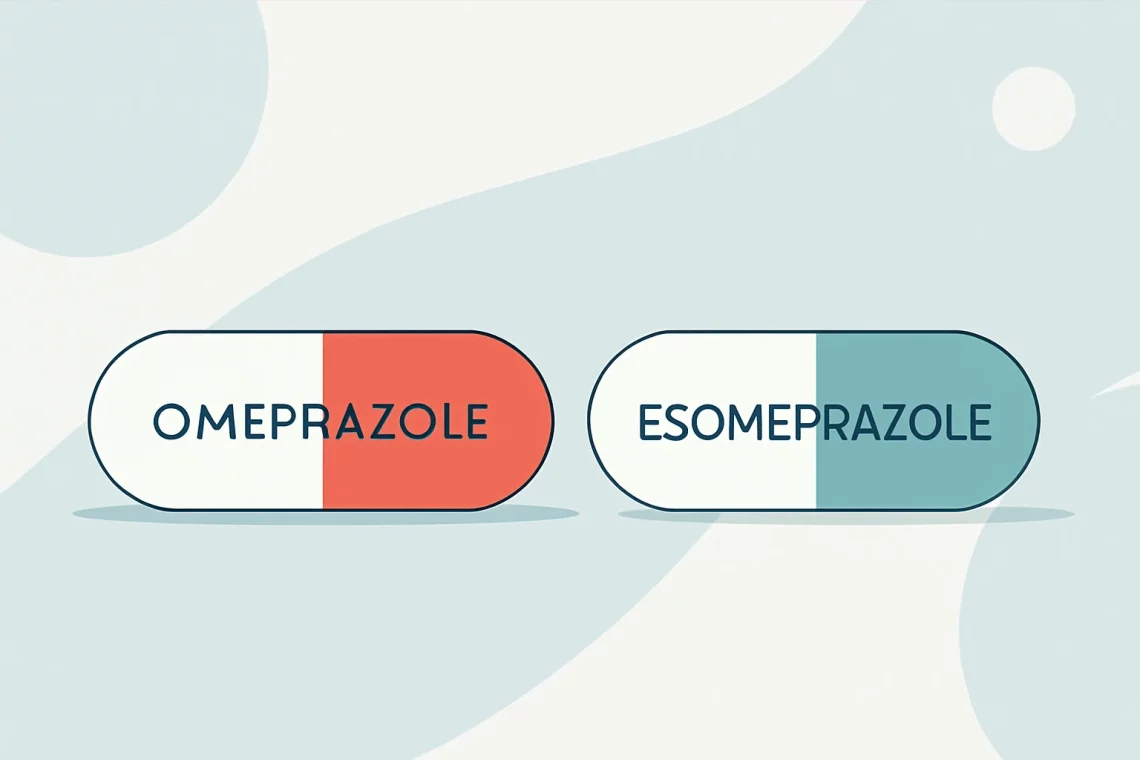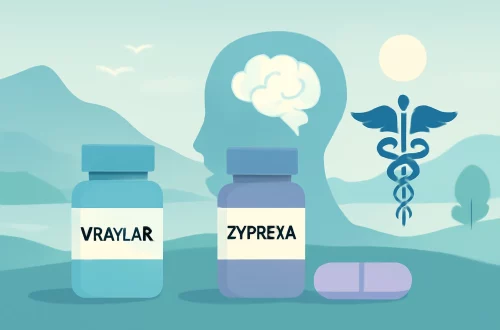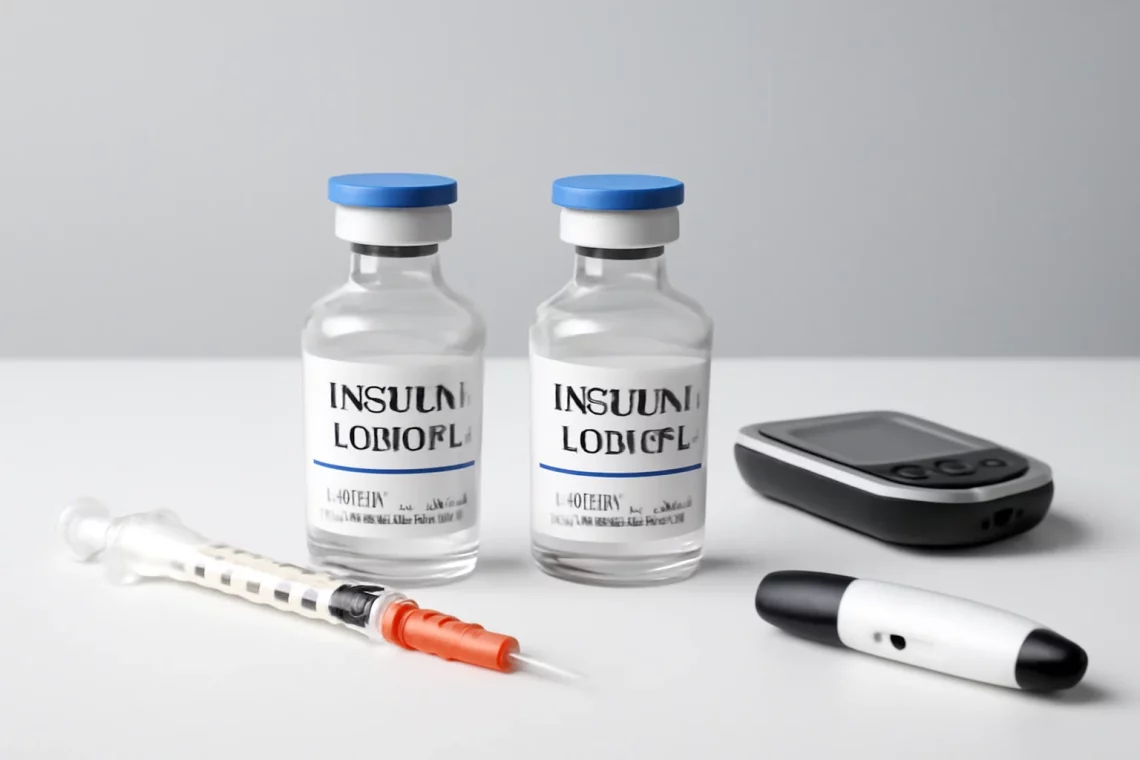-
Gemtesa vs VESIcare: Which Treatment is Right for You?
The world of medication is vast and complex, offering a variety of options for managing health conditions. Among these, Gemtesa and VESIcare have emerged as notable choices for individuals experiencing specific health issues. As patients and healthcare providers navigate the plethora of treatment options, understanding the distinctions, benefits, and potential drawbacks of each medication becomes paramount. Both Gemtesa and VESIcare target similar symptoms, particularly those related to overactive bladder, which can significantly impact one’s quality of life. Overactive bladder is characterized by a sudden and uncontrollable urge to urinate, often accompanied by frequent urination and, in some cases, incontinence. The search for effective relief can lead individuals to explore various…
-
Viagra vs Vardenafil: Which ED Treatment is Right for You?
Erectile dysfunction (ED) is a common condition that affects men of all ages, impacting not only physical intimacy but also emotional well-being and relationships. For many, this challenge can lead to feelings of embarrassment or inadequacy. Fortunately, advances in medical science have led to the development of effective treatments that can help restore sexual function and confidence. Among these treatments, Viagra and Vardenafil have emerged as two of the most popular options. Both medications belong to a class of drugs known as phosphodiesterase type 5 (PDE5) inhibitors, which work by enhancing blood flow to the penis and facilitating erections when sexually stimulated. However, despite their similar mechanisms, there are key…
-
Cephalexin vs Bactrim: Choosing the Right Antibiotic for You
Cephalexin and Bactrim are two commonly prescribed antibiotics that serve different purposes in the treatment of bacterial infections. Understanding the distinctions between these medications is crucial for both patients and healthcare providers to ensure the appropriate choice is made for each individual case. Antibiotics play a vital role in modern medicine, helping to combat infections that can lead to serious health complications. However, the growing concern over antibiotic resistance has emphasized the need for careful selection and judicious use of these medications. Cephalexin, a first-generation cephalosporin antibiotic, is effective against a range of gram-positive bacteria. It works by inhibiting cell wall synthesis, ultimately leading to bacterial cell death. On the…
-
Viagra vs Sildenafil: Understanding the Differences and Similarities
Erectile dysfunction (ED) is a common condition that affects millions of men worldwide. It can be a source of embarrassment and frustration, impacting not only personal relationships but also overall quality of life. As awareness of ED has grown, so has the demand for effective treatments. Among the most recognized solutions are Viagra and its generic counterpart, sildenafil. While often used interchangeably, these two terms represent different aspects of the same medication. Understanding the nuances between them can help patients make informed decisions about their treatment options. In this article, we will explore the characteristics, effectiveness, and considerations surrounding Viagra and sildenafil, shedding light on their roles in managing erectile…
-
Lexapro vs Zoloft: Choosing the Right Antidepressant for You
Depression and anxiety disorders are prevalent mental health issues that affect millions of people worldwide. As awareness of these conditions grows, so does the search for effective treatment options. Among the various pharmacological interventions available, selective serotonin reuptake inhibitors (SSRIs) are often prescribed due to their efficacy and relatively favorable side effect profiles. Two commonly prescribed SSRIs are Lexapro and Zoloft. While both medications are designed to alleviate symptoms of depression and anxiety, they differ in several key areas, including their mechanisms of action, side effects, and overall effectiveness. Understanding these differences can help individuals and healthcare providers make informed decisions regarding treatment options. This article delves into the characteristics,…
-
Nurtec vs Emgality: A Comprehensive Comparison of Migraine Treatments
Migraine is a debilitating condition that affects millions of individuals worldwide, often leading to significant disruptions in daily life. As awareness of migraine’s impact grows, so does the demand for effective treatments. Two medications that have gained attention in recent years are Nurtec and Emgality. Both options are designed to assist those suffering from migraines, but they operate through different mechanisms and have unique properties. Understanding the nuances between these two medications can empower patients to make informed choices about their treatment plans. Factors such as onset of relief, duration of action, side effects, and the frequency of administration play a crucial role in determining which medication may be more…
-
Meloxicam vs Mobic: Understanding Their Differences and Uses
Meloxicam and Mobic are terms often encountered in discussions surrounding pain management and the treatment of inflammatory conditions. These medications belong to a class known as nonsteroidal anti-inflammatory drugs (NSAIDs), which are widely used to alleviate pain, reduce inflammation, and lower fever. Their popularity stems from their effectiveness and relatively favorable safety profiles when used appropriately. However, with the increasing availability of various NSAIDs, it can be challenging to discern the differences and similarities between these medications, particularly for patients seeking relief from chronic pain or inflammatory conditions. Understanding the mechanisms of action, potential side effects, and pharmacological properties of Meloxicam and Mobic can empower patients to make informed decisions…
-
Omeprazole vs Esomeprazole: Which Is Right for Your Treatment?
Omeprazole and esomeprazole are two widely used medications that belong to a class of drugs known as proton pump inhibitors (PPIs). These medications play a crucial role in managing conditions related to excessive stomach acid production, such as gastroesophageal reflux disease (GERD), peptic ulcers, and Zollinger-Ellison syndrome. While both drugs serve a similar purpose, they differ in their chemical structure, effectiveness, and side effects, leading many patients and healthcare providers to weigh the benefits of one over the other. Understanding the nuances between omeprazole and esomeprazole is essential for making informed decisions about treatment options. As patients seek relief from their symptoms, it’s important to consider factors such as dosage,…
-
Omeprazole vs Esomeprazole: Which Is Right for Your Treatment?
Omeprazole and esomeprazole are two widely used medications that belong to a class known as proton pump inhibitors (PPIs). These drugs are primarily employed to treat conditions related to excessive stomach acid, such as gastroesophageal reflux disease (GERD), peptic ulcers, and Zollinger-Ellison syndrome. The growing prevalence of acid-related disorders has led to an increased interest in these medications, prompting both healthcare providers and patients to explore their options for effective treatment. Understanding the differences and similarities between omeprazole and esomeprazole is essential for making informed decisions about acid-reducing therapies. While both medications aim to alleviate symptoms associated with acid overproduction, their chemical structures, pharmacokinetics, and side effect profiles can influence…
-
Insulin Aspart vs Insulin Lispro: Which One Is Right for You?
Insulin therapy is a cornerstone in the management of diabetes, particularly for individuals with type 1 diabetes and those with advanced type 2 diabetes. Among the various forms of insulin available, rapid-acting insulins such as Insulin Aspart and Insulin Lispro are widely used due to their ability to mimic the body’s natural insulin response to meals. Both types of insulin are designed to provide quick control over blood sugar levels during and after eating, making them essential tools for diabetes management. Understanding the differences and similarities between Insulin Aspart and Insulin Lispro can help patients and healthcare providers make informed decisions regarding insulin therapy. These two insulins are often compared…







































